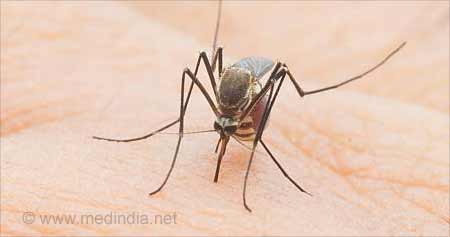.
The vaccine is formulated with a novel adjuvant and administered in a two-dose regimen, 28 days apart. The vaccine can be stored and transported between 2-8°C with a 28-day multi-dose open vial policy.
The trial, which took place from 16 Nov 2020 – 17 May 2021, included 25,798 participants, of whom 24,419 adults aged 18 and older were randomly assigned to receive two doses of the vaccine (12,221) or a placebo (12,198).
Participants considered to be at risk of acquiring COVID-19 were prioritized, with a total of 2,750 participants above 60 years of age and 5,724 participants who reported at least one pre-existing medical condition, such as cardiovascular disease, diabetes, or obesity, across ages.
This study was conducted with participants from diverse geographic locations across 25 hospitals in India. The primary outcome was a laboratory-confirmed (RT-PCR positive) symptomatic COVID-19, with onset at least 14 days after the second dose.
The researchers conducted an efficacy analysis based on 130 laboratory-confirmed (RT-PCR positive) symptomatic COVID-19 among 16,973 initially seronegative participants. These cases were recorded at least two weeks after participants had received a second dose.
Researchers recorded 24 positive cases among 8,471 people in the vaccine group and 106 positive cases among 8,502 people in the placebo group, suggesting an overall vaccine efficacy of 77.8%.
Among the efficacy analysis population, there were a total of 16 cases of severe symptomatic COVID-19 disease which is defined as severe systemic illness, respiratory failure, evidence of shock, significant acute renal, hepatic, or neurologic dysfunction, admission to an intensive care unit.
However, researchers noted this data is preliminary and more research with larger sample size is needed to determine efficacy against severe disease and hospitalization.
BBV152 was well-tolerated among all trial participants, with 12% of vaccine and placebo groups reporting an adverse event, with no clinically or statistically significant differences in the distributions of solicited, unsolicited, or serious adverse events between groups.
No cases of anaphylaxis or vaccine-related deaths. Long-term safety monitoring will continue for one year after the administration of the first dose of BBV152.
Analysis of immune responses induced by the vaccine showed that BBV152 produced a strong neutralizing antibody response measured by the concentration of neutralizing antibodies at day 56 (one month after receiving the second dose).
BBV152-induced antibodies showed no significant decrease in neutralization activity against the alpha (B.1.1.7) variant but demonstrated marginal reductions in neutralization activity against other variants of concern, including the delta and gamma variants.
This study has several limitations. Due to the low number of cases reported between the first and second vaccine doses, the researchers could not calculate vaccine efficacy after a single dose.
Further, this study population was limited to India and therefore lacked ethnic and racial diversity, underscoring the importance of evaluating the efficacy of BBV152 in other populations.
Finally, some groups, including pregnant women, those living with HIV or with severe co-morbidities, were specifically excluded by the study inclusion/exclusion criteria. Further investigations will be required to support the use of the vaccine in such groups.
The next step for studies of BBV152 should be a focus on monitoring for epidemiological variations in SARS-CoV-2 and the long-term vaccine efficacy against symptomatic COVID-19 and asymptomatic infection to identify whether the vaccine provides ongoing protection.
Source: Medindia



